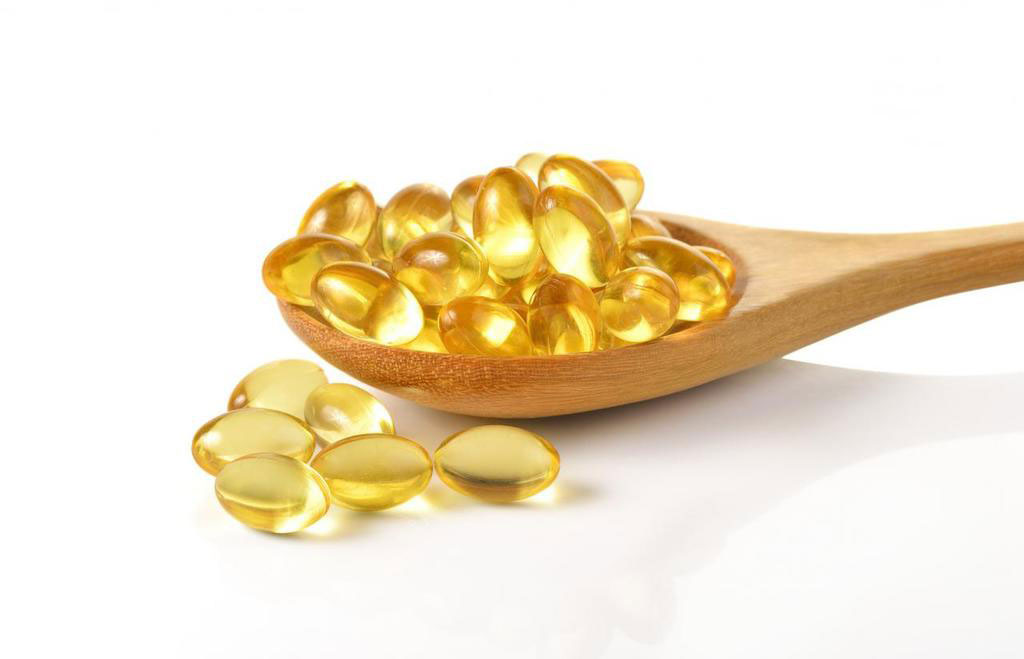Coenzyme Q10
Coenzyme Q10 (CoQ10), also known as ubiquinone, is a compound with vitamin-like properties that plays an essential role in cellular energy production, oxygen transport, and neutralization of free radicals. Unlike vitamins, the human body is able to produce the required amount of coenzyme Q10 until about the age of 30, after which its production steadily decreases.
Coenzyme Q10 has been proven to reduce blood oxidation processes, increasing the elasticity of blood vessel walls. Due to its antioxidant effect, it reduces the deposition of fatty substances on the vessel wall, thus reducing the risk of atherosclerosis, high blood pressure and the development of diseases associated with vascular occlusion (myocardial infarction, stroke). Clinical trials have also shown that external replacement as a complementary treatment significantly improves the chances of cardiovascular disease recovery.
It slows down skin aging, increases physical fitness.
It is found in the largest amounts in the form of food in animal offal (heart, liver), red-fleshed fish, and vegetable oils (soybeans, olives).
What does the test show?
The test can be used to determine if the right amount of coenzyme Q10 is sufficient in the body.
In which cases is it recommended to have the test performed?
The test is recommended primarily in case of older people, when synthesis is declining, and in case of cardiovascular disease, which is suspected to be due to lack of coenzyme Q10.
Coenzyme Q10 deficiency can cause chronic fatigue in milder cases and lead to cardiovascular disease in more severe cases. In addition to the cardiovascular system, low levels of coenzyme Q10 can also affect kidney, central and peripheral nervous system, muscle, and liver function.
The test is also suitable for monitoring the effectiveness of the therapy used.
What sample is needed for the test?
A blood sample taken from a vein is needed to perform the test.

What can the result indicate?
If the measured coenzyme Q10 level is within the normal range, an adequate amount of coenzyme Q10 is available for cellular metabolism.
A value below the normal range indicates a lack of coenzyme Q10. This can also be caused by reduced production or increased stress.
If the value obtained is higher than the normal range, excessive coenzyme Q10 intake may occur. Excessive intake can also cause gastrointestinal complaints.
What to do after the test?
The obtained result does not in itself constitute a diagnosis, therefore always consult your doctor or the specialist who ordered the test to establish the diagnosis and determine the required treatment.
